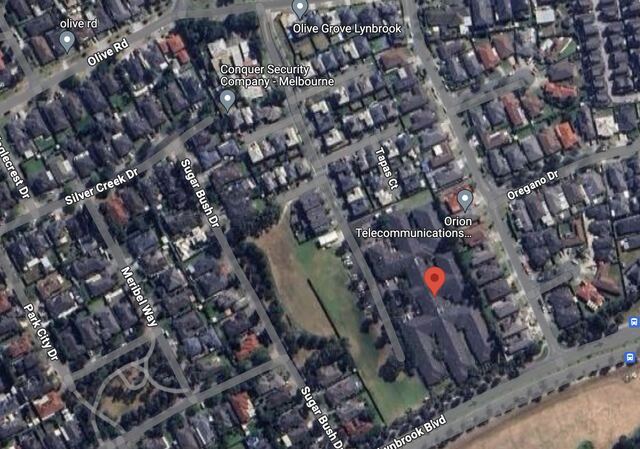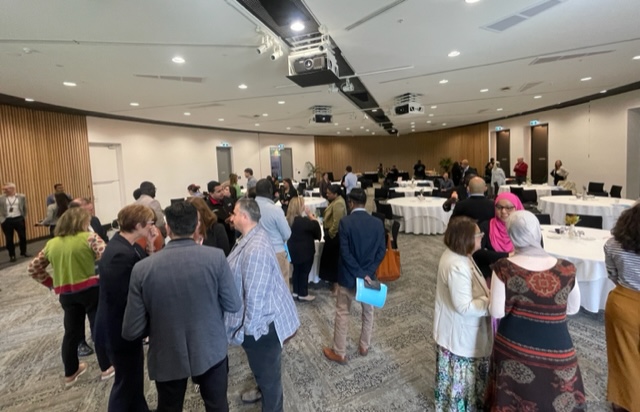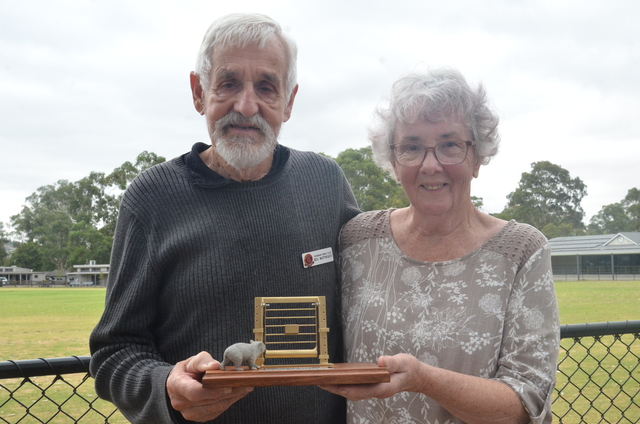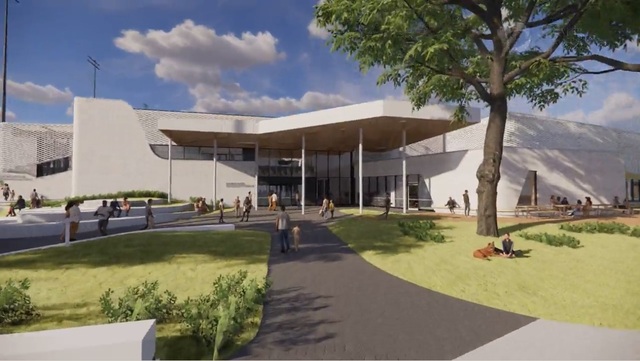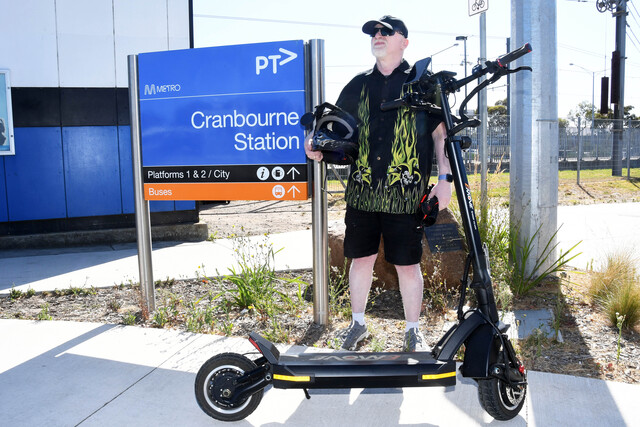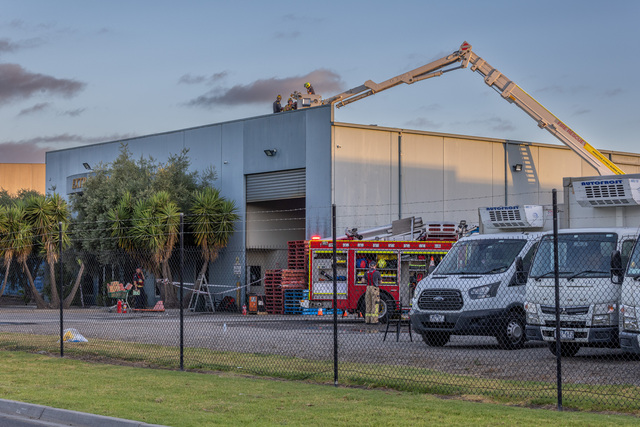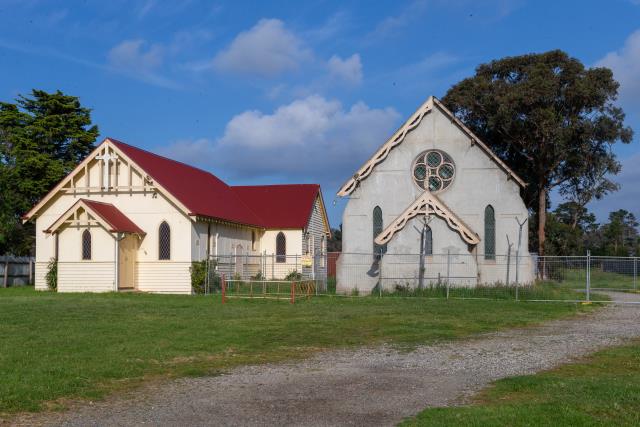A landowner’s repeated attempts to create vehicular access to Lynbrook Boulevard on the council’s land have failed again, the state tribunal heard.
The Victorian Civil and Administrative Tribunal (VCAT) dismissed a review application lodged by Residential Processing Services Pty Ltd, which owns the land at 42S and 40 Olive Road in Lynbrook.
The lots are currently occupied by an aged care facility and living dwellings.
The company has sought approval for a planning permit amendment to allow vehicular access to Lynbrook Boulevard and for the removal of trees.
Casey Council rejected the amendment, advising that it was the owner of the subject lands, a road and a reserve, so the development had been beyond the scope of the permits.
The council further stated that the development did not respect the neighbourhood character, and it was likely to create amenity impacts and traffic safety issues for residents of the area and users of Lynbrook Boulevard.
The court found the amendment application futile and dismissed the hearing.
The hearing revealed that the company repeatedly attempted to create the vehicular crossover in the past decade.
The first application was lodged in 2015 and was subsequently withdrawn.
Another application was submitted in the same year but was later removed.
The company attempted the third time in 2022 and the application was refused by Casey Council.
There were two more applications in 2023.
Taking the history into consideration, the court believed Casey Council had demonstrated over time that it would not agree to access from Lynbrook Avenue.
“This is evidenced through sustained refusals of applications or requests for further information highlighting its ownership of the reserve and the necessity of its consent to the proposals,” the court heard.
“Council says that there is no rational reason for the applicant to hold out any hope that council may change its position in relation to access to Lynbrook Boulevard.”
The company argued that Casey Council focused on the futility of the application because it did not want a decision on the merits of the proposal.
Its traffic reports showed that there were no adverse traffic or safety implications and the company claimed that the council had failed to engage with the data and the material change in the surroundings.
It further stated that when the initial permit was assessed in 2005, the possibility of vehicle access to Lynbrook Boulevard was raised.

